The Historical Accuracy (or Inaccuracy) Of Inglourious Basterds (2009)
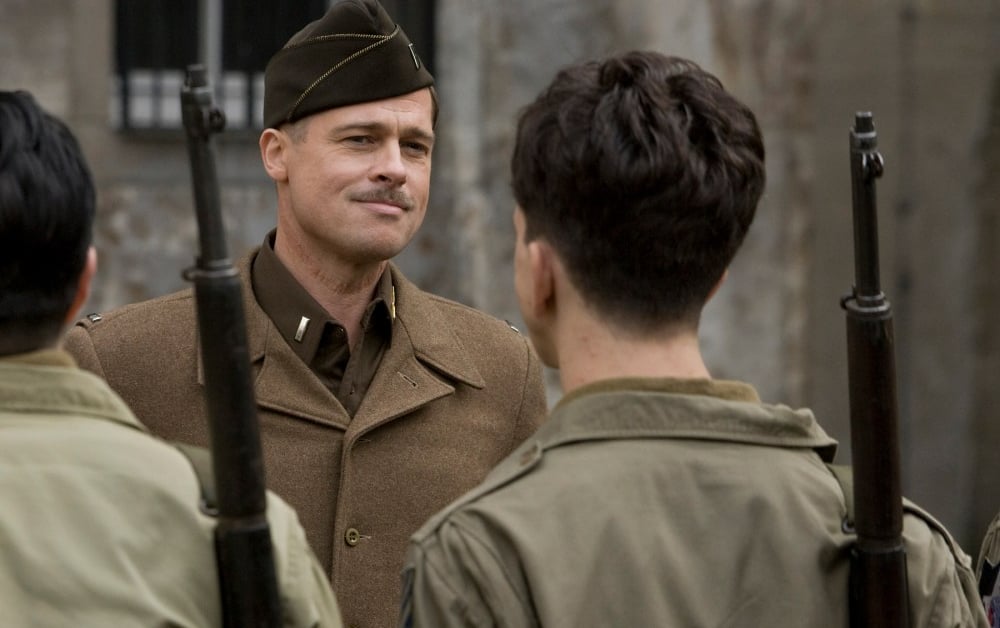
Welcome to your ultimate source for breaking news, trending updates, and in-depth stories from around the world. Whether it's politics, technology, entertainment, sports, or lifestyle, we bring you real-time updates that keep you informed and ahead of the curve.
Our team works tirelessly to ensure you never miss a moment. From the latest developments in global events to the most talked-about topics on social media, our news platform is designed to deliver accurate and timely information, all in one place.
Stay in the know and join thousands of readers who trust us for reliable, up-to-date content. Explore our expertly curated articles and dive deeper into the stories that matter to you. Visit Best Website now and be part of the conversation. Don't miss out on the headlines that shape our world!
Table of Contents
Did Tarantino Get It Right? Examining the Historical Accuracy of Inglourious Basterds
Quentin Tarantino's Inglourious Basterds (2009) isn't your typical World War II film. This wildly entertaining, albeit violent, alternate history flick reimagines the Allied fight against the Nazis, weaving a thrilling narrative brimming with fictional characters and events. But how much of it is actually grounded in reality? Let's delve into the historical accuracy (or glaring inaccuracies) of this cinematic masterpiece.
The Fictional Basterds: A Foundation of Fantasy
The film's central premise – a squad of Jewish-American soldiers operating behind enemy lines, tasked with scalping Nazis – is entirely fictional. While there were indeed numerous acts of resistance and sabotage during World War II, a unit specifically dedicated to this extreme method of warfare is purely a product of Tarantino's imagination. This creative liberty allows for a highly stylized and thrilling portrayal of revenge, but it’s crucial to remember it's far from historical fact.
The Shoshanna Dreyfus Narrative: A Blend of Fiction and Familiar Themes
Shoshanna Dreyfus's storyline, though dramatic and emotionally resonant, departs significantly from historical events. The idea of a young Jewish woman orchestrating a plan to assassinate high-ranking Nazi officials within a Parisian cinema is fictional. While acts of individual resistance were common, such a large-scale operation coordinated by a single individual is highly improbable. However, the film taps into the powerful themes of survival, resilience, and revenge experienced by many during the Holocaust, making it emotionally impactful, even if historically inaccurate.
Christoph Waltz's Colonel Hans Landa: A Charismatic Villain Rooted in Reality (Sort Of)
While Colonel Hans Landa is a fictional character, his persona – the charming yet ruthless "Jew Hunter" – draws inspiration from the real-life brutality of the Nazi regime. The film successfully captures the chilling efficiency and chilling demeanor of some Nazi officers, adding to the film's tense atmosphere. However, Landa's specific actions and exaggerated charisma are purely fictional.
The Cinematic Climax: A Spectacular Rewriting of History
The film's explosive climax, where Shoshanna’s plan unfolds, completely rewrites history. The idea of Hitler being assassinated in a Parisian cinema, with the entire Nazi leadership present, is a fantastical, yet undeniably satisfying, departure from the actual events of World War II. This bold rewriting of history is a core element of the film’s appeal, but it reinforces the importance of understanding the film as a work of fiction, not a historical documentary.
Historical Context is Key:
It’s important to remember that Inglourious Basterds, while entertaining and thought-provoking, is a work of alternative history. While it touches upon real events and themes of the Holocaust and World War II, it prioritizes narrative excitement and thematic exploration over strict historical accuracy. To understand the film fully, it's crucial to contextualize it within the realm of fiction and appreciate its stylistic choices.
In Conclusion:
Inglourious Basterds should be enjoyed for its thrilling narrative, memorable characters, and stylistic flair. However, viewers should approach it with an understanding that its historical accuracy is intentionally flexible. It's a powerful commentary on revenge, resilience, and the horrors of the Holocaust, presented through a deliberately fictional lens. Learning more about the actual history of World War II and the Holocaust is crucial to appreciating both the film's creative liberties and the devastating reality it depicts.
Further Reading:
- [Link to a reputable source on the Holocaust]
- [Link to a reputable source on World War II resistance movements]
What are your thoughts on the historical accuracy of Inglourious Basterds? Share your opinions in the comments below!

Thank you for visiting our website, your trusted source for the latest updates and in-depth coverage on The Historical Accuracy (or Inaccuracy) Of Inglourious Basterds (2009). We're committed to keeping you informed with timely and accurate information to meet your curiosity and needs.
If you have any questions, suggestions, or feedback, we'd love to hear from you. Your insights are valuable to us and help us improve to serve you better. Feel free to reach out through our contact page.
Don't forget to bookmark our website and check back regularly for the latest headlines and trending topics. See you next time, and thank you for being part of our growing community!
Featured Posts
-
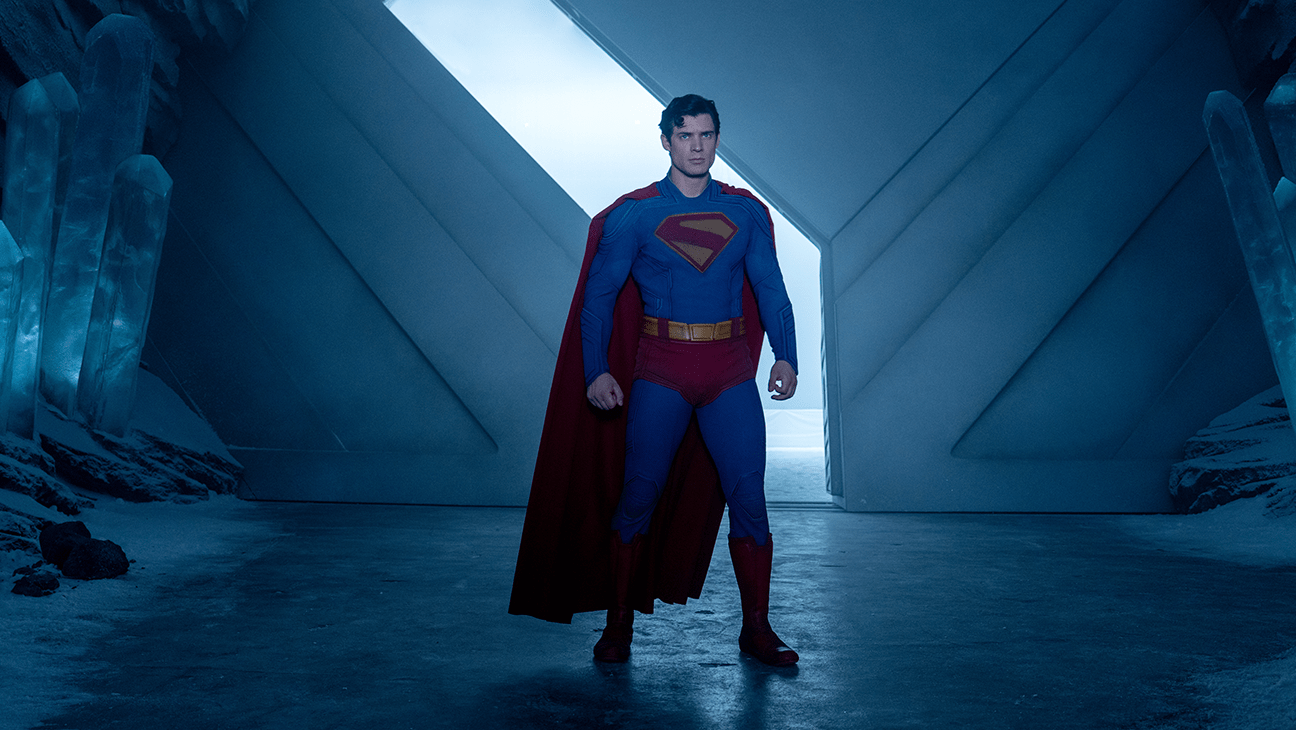 Superman First Reactions Highlight A Bold New Direction For Dc
Jul 09, 2025
Superman First Reactions Highlight A Bold New Direction For Dc
Jul 09, 2025 -
 Sri Lanka Elects To Bat First In Decisive Odi Against Bangladesh
Jul 09, 2025
Sri Lanka Elects To Bat First In Decisive Odi Against Bangladesh
Jul 09, 2025 -
 Claim Your Free Spirit Empress A Clash Royale Legendary Card Giveaway
Jul 09, 2025
Claim Your Free Spirit Empress A Clash Royale Legendary Card Giveaway
Jul 09, 2025 -
 Clark County Court Neillsville Woman Sentenced For Lottery Ticket Forgery
Jul 09, 2025
Clark County Court Neillsville Woman Sentenced For Lottery Ticket Forgery
Jul 09, 2025 -
 Archita Phukans Shocking Confession R25 Lakh Paid To Leave Prostitution
Jul 09, 2025
Archita Phukans Shocking Confession R25 Lakh Paid To Leave Prostitution
Jul 09, 2025
Latest Posts
-
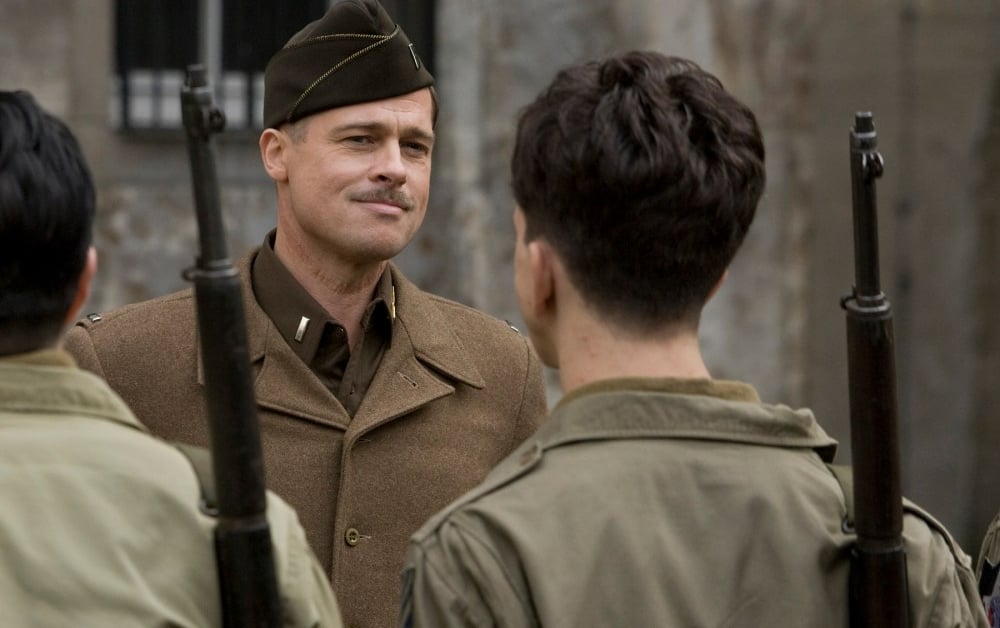 Quentin Tarantinos Inglourious Basterds 2009 Cast Characters And Legacy
Jul 09, 2025
Quentin Tarantinos Inglourious Basterds 2009 Cast Characters And Legacy
Jul 09, 2025 -
 R25 Lakh For Freedom Assamese Influencer Archita Phukans Struggle With Prostitution
Jul 09, 2025
R25 Lakh For Freedom Assamese Influencer Archita Phukans Struggle With Prostitution
Jul 09, 2025 -
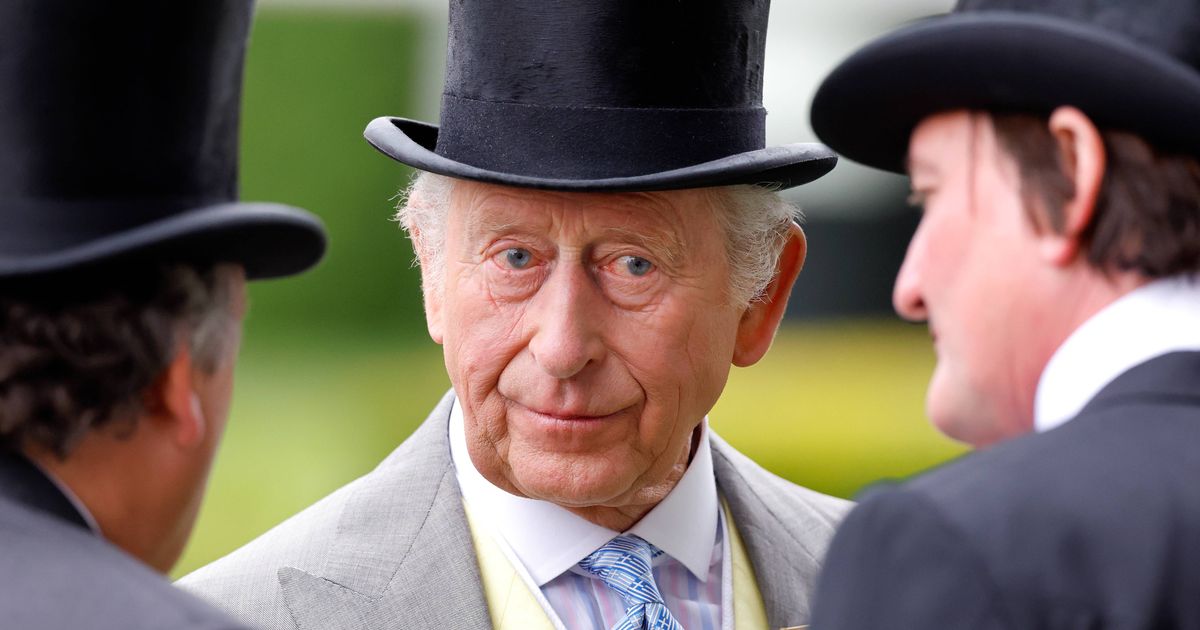 Sarah Fergusons Refusal Of Kings Invitation A Royal Family Mystery
Jul 09, 2025
Sarah Fergusons Refusal Of Kings Invitation A Royal Family Mystery
Jul 09, 2025 -
 Cape Canaveral Launch Follow Space Xs Falcon 9 Starlink Deployment Live
Jul 09, 2025
Cape Canaveral Launch Follow Space Xs Falcon 9 Starlink Deployment Live
Jul 09, 2025 -
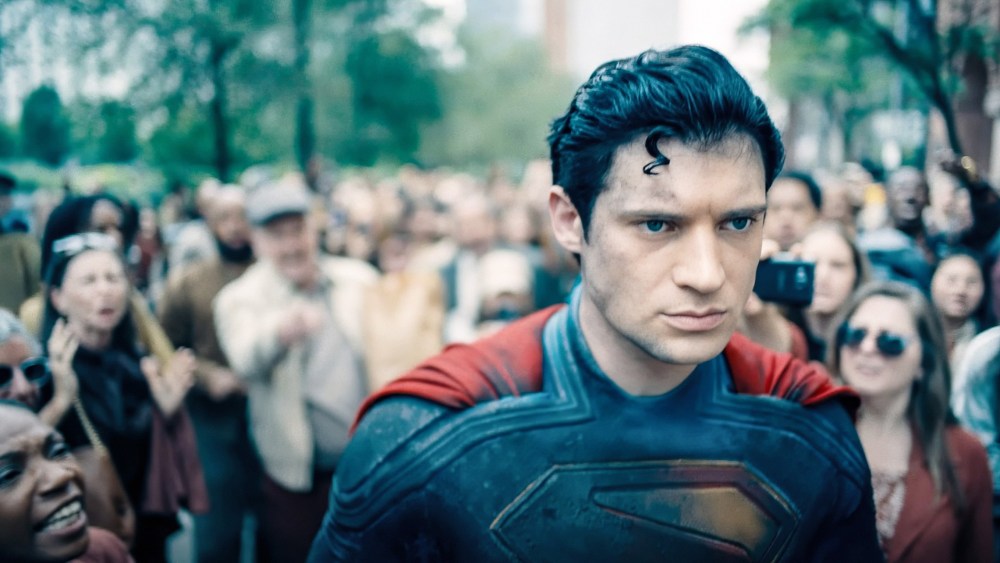 Superman First Reactions Hail New Film As Thrilling Dcu Launch
Jul 09, 2025
Superman First Reactions Hail New Film As Thrilling Dcu Launch
Jul 09, 2025
